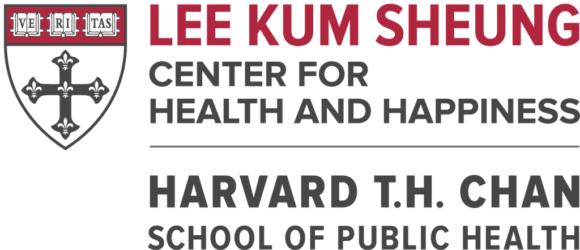Citation: Block, J., & Kremen, A. M. (1996). IQ and ego-resiliency: conceptual and empirical connections and separateness. Journal of personality and social psychology, 70(2), 349.
PMID or DOI: PMID: 8636887, DOI: 10.1037//0022-3514.70.2.349
Main positive psychological well-being construct measured: Ego resilience
Sub-constructs measured: N/A
Available subscales: N/A
Description: The ER 89 measure is premised on the phenomenon of human adaptability, defined as the dynamic capacity of an individual to modify ego-control as a function of the demand characteristics of the environmental context in order to preserve or enhance system equilibration. This individual capacity is thought to underlie motivational control and resourceful adaptation, reflecting a relatively stable aspect of personality.
Number of items: 14
Example statement/item: “I quickly get over and recover from being startled”
Response options: 4-point scale response, 1=does not apply at all, 2=applies slightly, if at all, 3=applies somewhat, and 4=applies very strong
Total score: Total sum scores are calculated, for a potential range of 14 to 56, higher scores indicate higher ego resiliency.
Examples of studies that link to health outcomes:
Nath, P., & Pradhan, R. K. (2012). Influence of positive affect on physical health and psychological well-being: Examining the mediating role of psychological resilience. Journal of Health Management, 14(2), 161-174.
